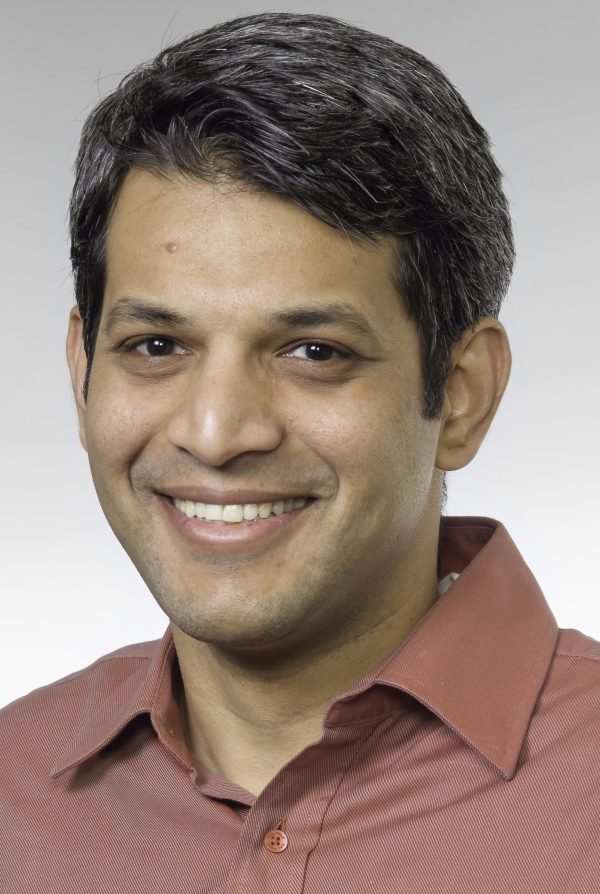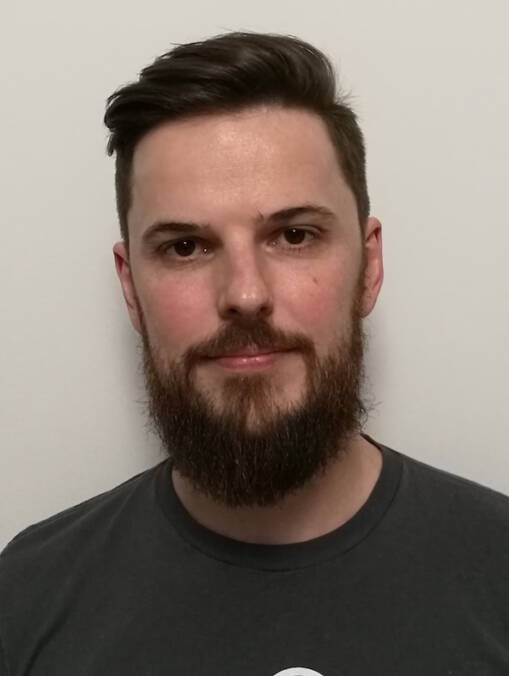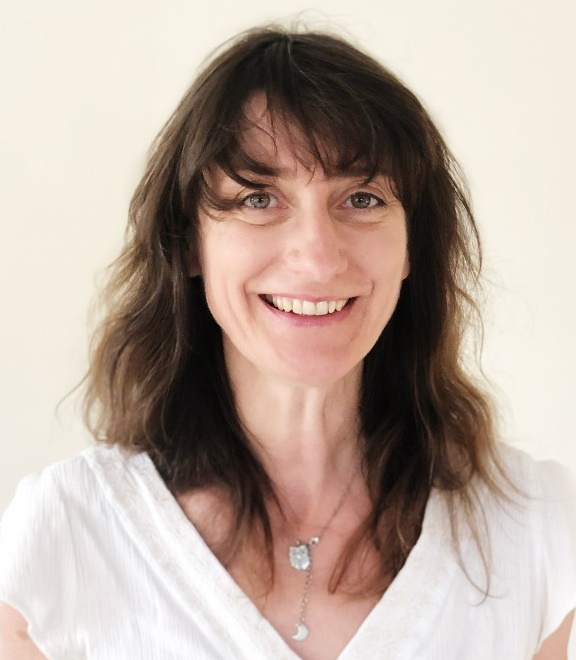KeynotesMODELS 2022

Akshay Rajhans, MathWorks, U.S.A.
A study of cyber-physical system design activity to consider opportunity for AI assistance
Design as a process in the large combines activities ranging from those that build on intuition to those that are highly mechanical. Automation has traditionally taken an important role in alleviation some of the more menial operations. Artificial Intelligence holds great promise in also assisting the user with their more creative operations or even taking over some of those entirely. Instead of focusing on an exclusively computational design process, this presentation takes the perspective of human activities in design in an attempt to highlight symbiotic opportunity for combined human/artificial intelligence. A Create, Organize, Refine, Evaluate (CORE) framework is utilized to identify a range of design activities and to provide inspiration for symbiotic support by presenting concrete illustrations of the various activities.
Biography
Dr. Akshay Rajhans is a Principal Research Scientist in and a founding member of the Advanced Research & Technology Office at MathWorks where his work focuses on identifying and nurturing collaborative research and innovation at the interface between the MathWorks Development organization and academia, industry, and government research labs. His work and expertise includes technical computing for, and model-based design and analysis of intelligent cyber-physical systems (CPS). In his current multi-faceted role, Dr. Rajhans works on increasing the impact of research and innovation along various dimensions. He engages the research community via leadership roles at MathWorks Research Summits and at external research conferences worldwide. He manages a collaborative research alliance program for facilitating bidirectional technology transfer. Via invited talks, panels, and research publications, he provides thought leadership that often includes an industry perspective to academia and an academic and research perspective to industry. He serves on Industry Advisory Boards/Committees for various universities, conferences, and professional organizations, Ph.D. Thesis and Technical Committees, and Editorial Boards. Previously, Dr. Rajhans worked on development and application engineering of electronic control systems for diesel-engine applications at Cummins. As an intern at Bosch Research and Technology Center in Pittsburgh, he developed a model-based approach to non-intrusive load monitoring. Dr. Rajhans has a Ph.D. in Electrical and Computer Engineering from Carnegie Mellon University and an M.S. in Electrical Engineering from the University of Pennsylvania. He is a senior member of IEEE and ACM. Dr. Rajhans currently serves on the Advisory Board of the MIT Climate & Sustainability Consortium.

Danny Tarlow, Google Brain, Canada
Assisting Software Engineers with Deep Learning
There is a great appeal in using machine learning to assist in software development, as it promises to enable the experience of one software engineer to be recorded and then generalized to provide guidance to another. This creates a number of challenges and opportunities for machine learning research. In this talk, I’ll give an overview of some of our recent work on deep learning in this space, highlighting the importance of the temporal nature of developers editing software, imbuing models with understanding of program execution behaviors, and the challenge of finding the right information to provide as inputs to our models. I’ll cast the challenges in terms of existing and future developer tools.
Biography
Danny is a Staff Research Scientist at Google Brain, Adjunct Professor in Computer Science at McGill University, and a Core Industrial Member of the Mila Quebec AI Institute. His research interests are in the application of machine learning to problems involving structured data, with a specific interest in the intersection of machine learning, programming languages, and software engineering. His work has won paper awards at NeurIPS, UAI, and ICML & NeurIPS Workshops. He holds a Ph.D. from the Machine Learning group at the University of Toronto and was previously a Research Fellow at Darwin College, University of Cambridge and a Researcher at Microsoft Research Cambridge (UK).

Maria Angela Ferrario, Queen’s University Belfast, U.K.
Responsible Software Engineering and ‘Social Good’
Over the last decade, the software engineering community has emerged as one particularly fertile ground for both asking deep societal questions (“what is social good”?) and developing responsible software engineering practices in answer to such questions. In this talk, I will first, use examples drawn from my own research to illustrate the transformative force of opening up SE research and practice to wider constituencies, and in particular the hard to reach and vulnerable communities; I will then highlight key challenges and good practices being adopted by software industry and research to anticipate, mitigate, and reflect on the intended and unintended consequences of the technologies that we bring to life.
Biography
Maria Angela Ferrario is an Associate Professor at the School of Electronics, Electrical Engineering, and Computer Science (EEECS), Queen’s University Belfast. Her expertise lies in both Software Engineering (SE) and Human Computer Interaction (HCI), with focus on human-centric issues of SE. She adopts participatory methods to software systems design and investigates the role of human values in software practice and of digital technology in environmental and societal change. Maria Angela holds a PhD in On-line Intelligent Systems (University College Dublin), an MSc in Multimedia Systems (Trinity College Dublin), and a BA/MA in Philosophy and Social Psychology (Milan University).